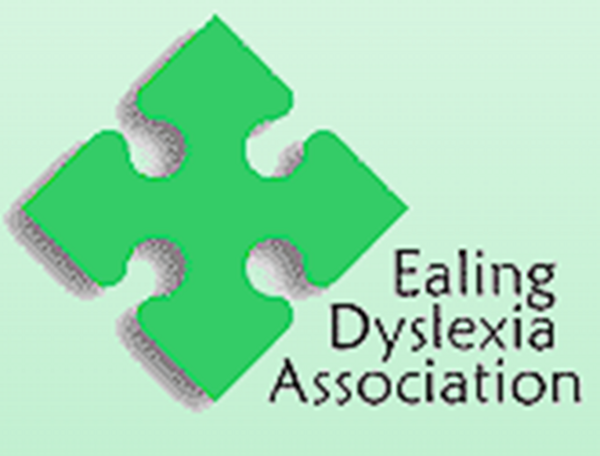Information on Assessments and Assessors:
1. Screening:
This is a brief overview of strengths and weaknesses, to try and discover whether a person might have a specific learning difficulty [SpLD].
Screenings are carried out in schools, usually by non-specialists.
They can be a very useful starting point, but they are not assessments.
2. Check Lists:
Check lists offer a useful starting point in collecting evidence towards a range of Specific Learning Difficulties, such as dyslexia.
They are a very good starting point when preparing for a full assessment.
Reputable sources:
3. Assessments
Literacy assessment [or numeracy where needed]
normally done in schools. Investigates literacy skills to analyse difficulties in reading and spelling/writing; and recommends support.
This is the most appropriate type of assessment for Key Stage 1 and early Key Stage 2. As dyslexia cannot definitely be diagnosed before the age of 7 years,
Examination Access Arrangements
for GCSE or GCE and equivalent qualifications. This assesses reading skills, writing skills (including spelling) and processing skills that may cause a slow speed of working for otherwise able students.
For further details contact
Full diagnostic assessment
This is a detailed assessment taking at least 2 hours (usually more) that looks at underlying ability, literacy skills and processing skills: this is the only type of assessment that can diagnose dyslexia or other kinds of specific learning difficulties. For this reason it is the most expensive type of assessment, carried out either by an educational psychologist or by a specialist teacher assessor.
For information:
Assessors should only selected from reputable lists , and the assessor’s qualifications are checked by the regulatory authority.
To find an educational psychologist contact:
- The British Psychological Society:
Find a psychologist | BPS
- The Health and Care Professions Council:
Check the Register and find a registered health and care professional | (hcpc-uk.org)
To find an appropriate teacher assessor contact:
Assessment for University Disabled Students (DSA)
This is a specific kind of full diagnostic assessment, as above, that is carried out just before or during the time a student is studying at Higher Education level that is university level. A student with a diagnostic assessment report is entitled to apply for DSA grant that covers both equipment and tutoring support throughout the course.
Only APC holding specialist teachers or educational psychologists can carry out such assessments, regulated by the DfE and Student Finance England [SfE]. For this reason, checking the qualifications and experience of the assessor is vital.
For further information:
Or Contact:
- Student Finance England Tel 0300100 0607
Workplace assessment
This type of assessment is tailored specifically for adults in the workplace and consists of a two part process: the diagnostic assessment, followed by an evaluation of the employee in the workplace, in order to recommend reasonable adjustments that can be made to assist the employee.
For information:

